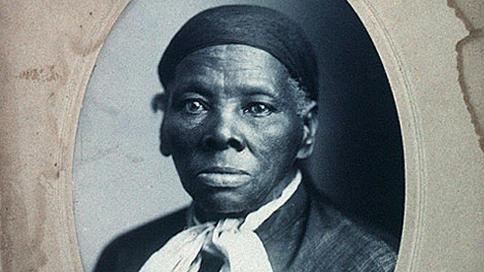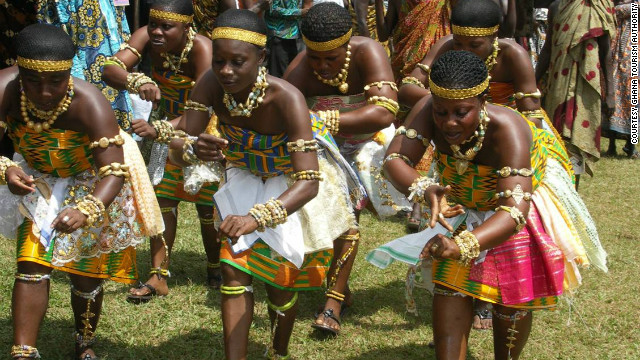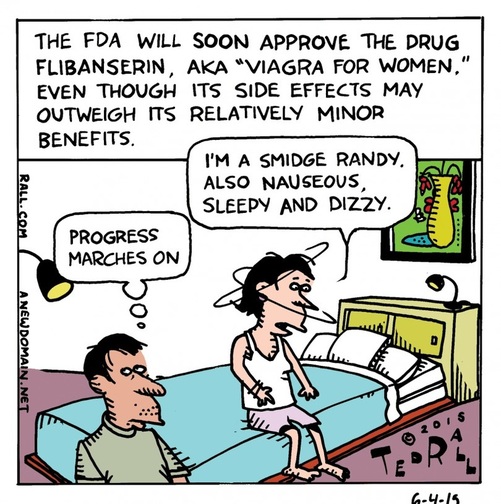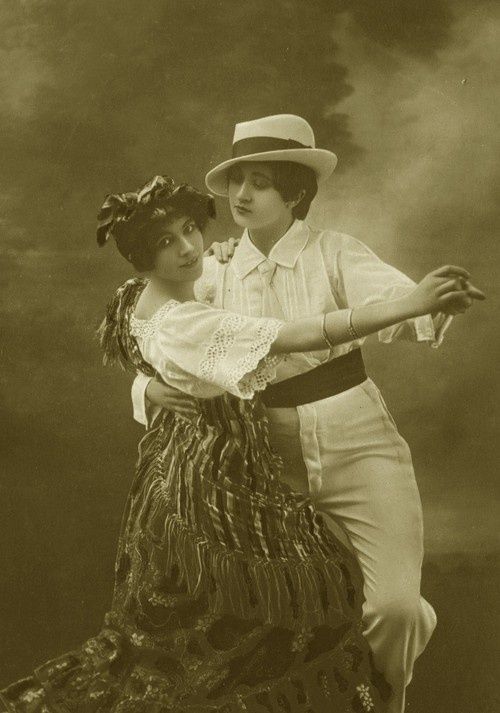 Viola Davis winning her Emmy
Viola Davis winning her Emmy In her speech she delivered these lines, attributing them to Harriet Tubman:
"I see a line. And over that line, I see green fields and lovely flowers and beautiful, white women with their arms stretched out to me over that line, but I can't seem to get there no how. I can't seem to get over that line."
I am blogging today, because I was disturbed by those lines. I believe they are a very loose and inaccurate paraphrasing of a story she told an interviewer for a Boston paper in 1863. This is the excerpt from that paper, a primary source:
“She declares that before her escape from slavery, she used to dream of flying over fields and towns, and rivers and mountains, looking down upon them ‘like a bird,’ and reaching at last a great fence or sometimes a river, over which she would try to fly, ‘but it ‘peared like I wouldn’t hab de strength, and jes as I was sinkin’ down, dere would be ladies all drest in white ober dere, and dey would put out dere arms and pull me ‘cross.’”—from an article about Harriet Tubman in The Boston Commonwealth, 1863.
In the Boston paper, she refers to "ladies all drest in white" who not only stretch out their arms, but pull her across the line. Tubman's ancestors were Ashanti, and white is a sacred color in African tradition. I believe that she was referring to her ancestors, to African women, as her guardians and her saviors. I believe that this vision was so significant, she made a point of talking about it in an interview. I believe she was explaining the secret of her phenomenal success in leading escaping captives out of the South, over and over, never losing a single "passenger." She was teaching us something about a radical spirituality entailing a practice of worship that was not only Afro-centric, but also gynocentric. She relied spiritually on entities who looked like her and who understood her struggle intimately. They promised her that they would see her succeed.
[I have written a play about Tubman's militant spirituality, Harriet Tubman Visits A Therapist: ]
“Arthur’s performance [as Tubman] was so powerful and raw that the audience literally could not stop cheering and clapping at the end.” --Our Weekly.Com, Los Angeles.
"... unyielding spiritual poetry that is uplifting and lyrically profound." -- LexGo.com, Lexington, KY.
"... the distillation and the lyric intensity of poetry."-- Portland Phoenix.
"The script has the distillation and the lyric intensity of poetry. Harriet’s rejoinders to the therapist jump between sullen, enraged, and reelingly comedic..." -- Megan Grumbling, The Portland Phoenix, ME.








 RSS Feed
RSS Feed
